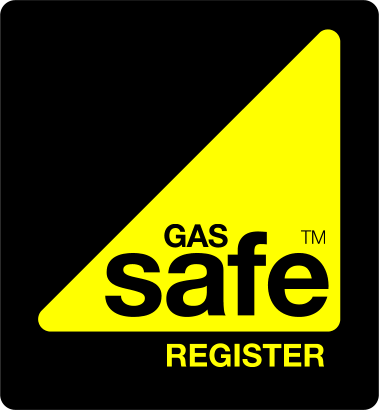How to Choose the Right Trades person for the Job
Cowboys, charlatans, chancers and bodgers. We’ve all been there, or at least know someone who has!
When identifying a trades person to come and do some work on your property one of the biggest risks is getting the right person or company. Afterall, you’re trusting someone who may be completely unknown to you with one of the most expensive assets, both financially and sentimentally, that you have.
So, the risks and issues are well documented. But how do you avoid them? Well, that’s the tricky part.
Here’s our guide to some of the dos and don'ts when it comes to getting the right person / company for the job.
Recommendations
Always seek a recommendation from a friend, family member, neighbor or colleague. Most people in your network will have used trades people at some point and will be able to point you in the direction of a good one! Remember, when seeking advice, getting info on a good trades person or company can be as useful as getting info on the ones to stay clear of.
Check their Reviews
If your connections can’t provide you with a good referral, there are potentially thousands of other people that can. Facebook, Google, Which and many others all associate a star rating to the trades people they list. This isn’t always a foolproof way to get the right person but it’s certainly a good start. Look at how many people have reviewed an individual or company. Those with a higher volume of reviews are probably a good bet, provided the feedback is positive, of course.
Professional Bodies
Each trade has a professional body that represents it. They regulate their members and ensure that they have sufficient knowledge, experience and practical skills to do the job they say they can do. Check the website of the relevant professional body, which will list its members, to confirm that the person you’re considering is there. If you have any concerns, call the representative body for more information.
The Rule of Three
Never accept the first quote that you’re given. It’s generally considered good practice to get at least three quotes. This will allow you to not only receive a price but it should detail exactly what that trades person / company is going to do for you. This also puts you in a stronger position to negotiate with your preferred supplier. Additionally, all of the quotes should be broadly similar in terms of price and services provided. If one quote is considerably different then there will be a reason why, often there may be extra services that some will recommend and others wont in order to keep the cost down. In any case it should be made clear by the contractor the benefits of the service they are providing.
Get a Reference
If your trades person has come recommended, then that in itself is a good reference but there’s nothing to stop you asking for more. The individual or company you’re looking at appointing should be able to provide you with referrals, either online or otherwise, from a host of happy customers. If you haven’t been able to get a referral from someone you know then asking for referrals is a must.
Check their Experience
There’s no substitute for experience. Ask your preferred trades person / company how long they’ve been trading and, if they’re a registered company, ask them for their company number. You can then verify the information they have provided.
Get the Paperwork
Quotes that are agreed verbally or sent via text message leave you susceptible to confusion further down the project timeline. Ask for a detailed quote that scopes out the full scale of the works and the associated costs. Here are a list of key questions you should ask:
- Is there a detailed brief of works that are to be carried out?
- What materials are being used? Makes and models should be specified where applicable
- What materials are you required to supply (if any)?
- What materials are to be supplied by the contractor?
- Is VAT included?
- Are subcontractors fees included?
- Is cleaning up and disposal of waste included?
- What are the payment terms?
- What forms of payments are accepted?
You should also ask to see their liability insurance, so you know that they’re covered - just in case!





